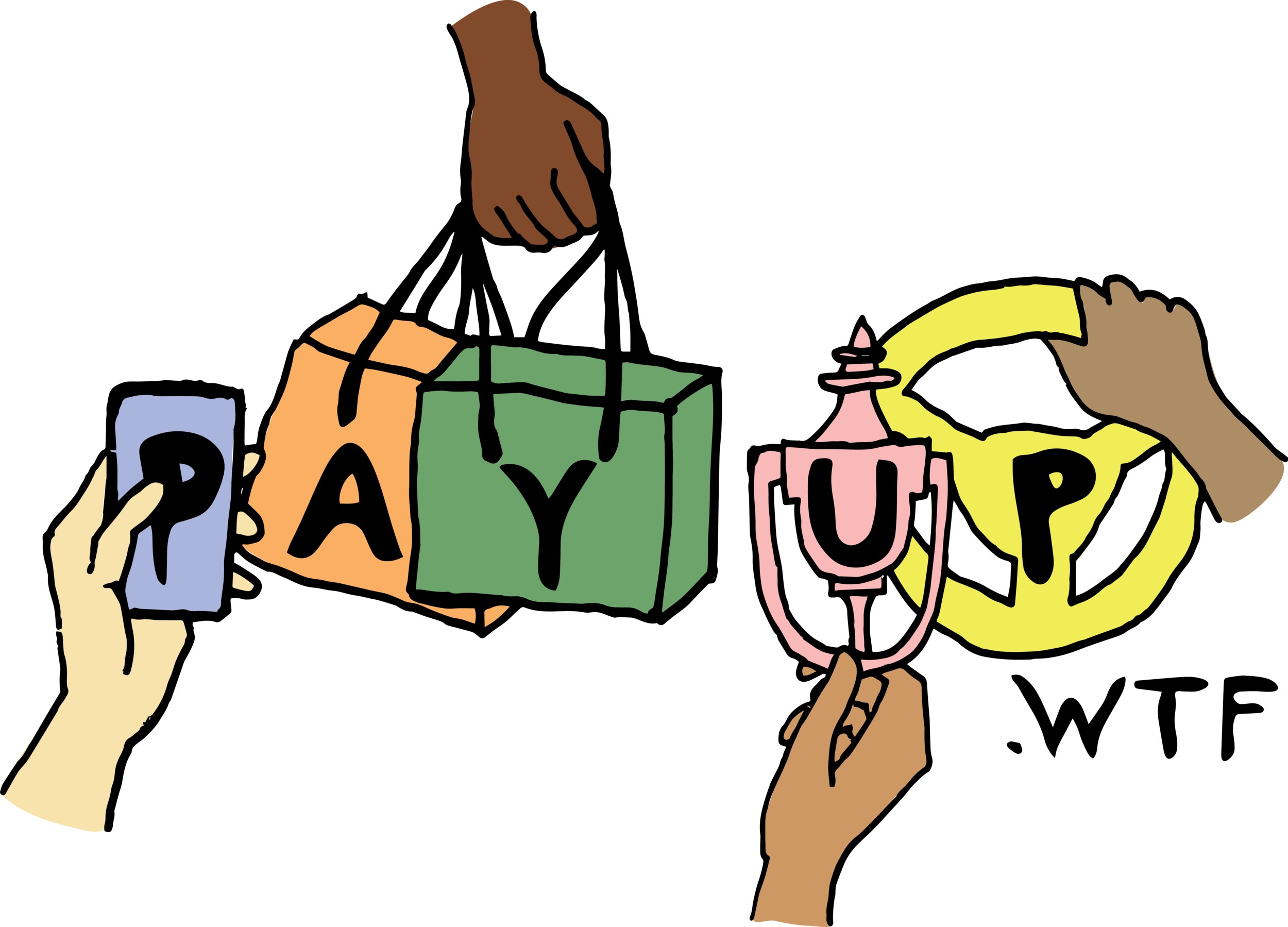No on Prop. 22: “I’m exactly the worker companies say needs Prop. 22. But it won’t help me, or other part-timers.”
Jon Wong
DoorDash worker, Oakland
I’d describe working in the gig economy right now as “feast or famine.” When I first started in 2017, it really helped me stabilize my income at a time when I was cash-crunched and stressed out. Pay was decent — even if they were stealing tips by factoring them into the $6 minimum. Now, two pay models later, pay per job is lower and offers are less predictable.
Base pay on DoorDash is now $2-3 per delivery. DoorDash is aggressively onboarding new drivers and sometimes the app is so flooded with workers it’s harder to reject low-paying offers. As a result, I’m now working up to 16 hours a week and making around $300. Half of that is tips. And I have to subtract my expenses from that — my mileage costs alone are around $115.
I do DoorDash on top of my full-time nonprofit job and a W-2 “gig” job delivering laundry. So in some ways, I’m exactly the kind of worker that gig companies claim Prop. 22 is good for — someone who does it on the side and needs flexibility.
But I don’t have the flexibility to work whenever I want to. I lost “Top Dasher” status because I didn’t accept enough jobs. I can’t schedule myself for any shift I want now, so if the app says it’s not busy enough when I want to work, I have to play waiting roulette and keep trying to log back on every few minutes.
The other day, DoorDash stacked a second order onto the order I was picking up, but it wasn’t going to be ready for another 20 minutes. I had to choose — take the stacked order but get dinged for lateness and delivering cold food to the first customer, or cancel it and lower my completion rating. I chose to cancel, even though a low completion rating can lead to getting deactivated.
The way my work is monitored and doled out, I feel more like I’m “dependent,” rather than an independent contractor.
Prop. 22 would not solve that problem.
There are so many models for the gig economy that could be considered. Personally, I think I'm treated like an employee and want to get the benefits that come with that; workers who want to be contractors could fight for different models. Lawmakers could work with workers and industry to amend current laws, or even create a whole new classification.
But if Prop. 22 passes, we can’t do any of that. The law says we would need a 7/8ths majority in the legislature to change any of the policies it creates. If it passes, all those possibilities are closed off to us, and we’re stuck with the regulations companies wrote for themselves in perpetuity.
When it gets down to it, companies should not be writing their own labor laws. Gig companies create loopholes in their own policies all the time. When COVID hit, they did some PR contortions to try to appear pro-worker, like offering compensation for workers who got sick. In reality, the policies were so restrictive that many workers who got COVID never got paid.
With Prop. 22, companies are trying to write their own loopholes into law.
If it passes, it will harm all workers, no matter how we want to be classified. We can figure out a way forward that works for all of us — but Prop. 22 is not the way.

